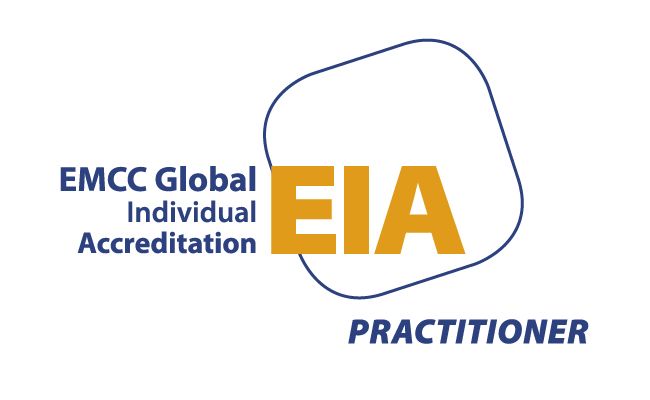The Truth can hurt
Are you guilty, like me, of covering up, pushing down, masking, pretending that all is well in work? You know that things could be better but make excuses, blame yourself, blame others, blame the system. Anything but deal with the underlying issue head on.
When you are leading your business and you recognise that something isn’t right you have the power to deal with it. You are the leader after all! However, depending on your personality type, your communication preferences and the person you are dealing with denial can appear easier than tackling the issue.
If the person you are having an issue with is a strategic partner, a co-founder, a senior hire whose role is critical to success it can feel easier to avoid the reality. This ultimately leads to miscommunication, frustration, stress and anxiety and built-up anger. It can affect your business in the short and potentially long term.
Being in denial happens when you are facing something really uncomfortable that you would prefer not to deal with. Denial is a defense mechanism that helps people cope with distressing or overwhelming situations by ignoring or rejecting the facts or consequences of the situation.
Why might you bury your head in the sand?
Personality
Some people have louder voices, less worried about what people think of them, assertive and from a combination of nature, nurture and choice enjoy problem solving, tackling problems head on. We are not all like that, especially when it comes to conflict with a cofounder, partner or senior leader as the stakes can feel high.
Consistency
People want to appear consistent with their beliefs, values, and self-image. They may deny anything that contradicts or challenges their existing views or identity. For example, a person who values honesty may deny that they are being lied to by someone
Bias.
People want to confirm their expectations and preferences. They may deny anything that goes against their wishes or desires.
Uncertainty.
People want to reduce their doubt and confusion. They may deny anything that is unclear, complex, or ambiguous.
Identity.
People want to protect their sense of self and belonging. They may deny anything that threatens their self-esteem or social status.
Ways to manage denial
Ultimately problems have to be faced and dealt with.
- Think of a time when you have faced problems before, and how you came out of it.
- Talk to someone you trust about what you are thinking and experiencing
- Work with a coach who can help you navigate how to manage difficult situations and come out feeling whole and motivated for the future.
- Face your fears and address the elephant in the room, it may be uncomfortable but you will feel empowered by having raised the issue
- Prioritise looking after yourself, in the way you eat, sleep and play. Make time to enjoy the things you can enjoy in the moment.
Working on your communication will help you build a future for yourself and others that thrives.
Glee coaching provides a safe space for conversation, thought and formulation of actions to overcome barriers you are facing in work.
Connect with us on Linked In, Instagram or email barbra@gleecoaching.com. We are always happy to have a no obligation call with you to explore what would best meet your needs.




